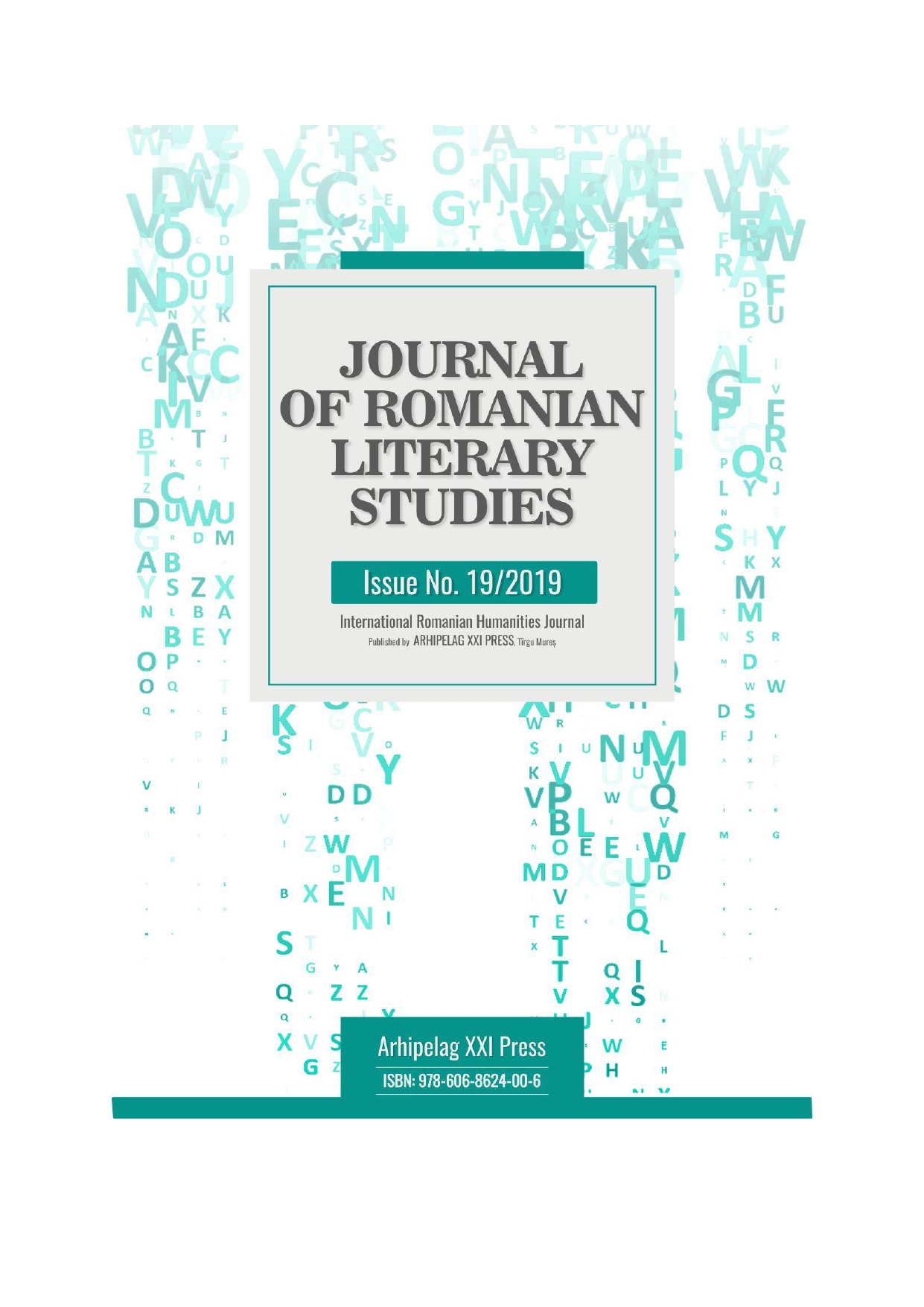METAFICTION AND SELF-REFERENTIALITY IN THE NOVEL "ONE HUNDRED YEARS OF THE GATES OF THE EAST"
METAFICTION AND SELF-REFERENTIALITY IN THE NOVEL "ONE HUNDRED YEARS OF THE GATES OF THE EAST"
Author(s): Violeta–Teodora LungeanuSubject(s): Novel, Romanian Literature, Philology, Theory of Literature
Published by: Editura Arhipelag XXI
Keywords: Ioan Groșan; self-referentiality; metanovel; intertextuality; parody;
Summary/Abstract: Mirroring the condition of the generation living in the 80s, Ioan Groşan writes a novel in which the action is set in an ambiguous space, deeply rooted in two different mindsets and in two different literary paradigms: on the one hand, the tradition of the historical novel - with all its rhetoric - on the other hand, the increasingly noticeable signs of a new, postmodern poetics. Taking advantage of all the postmodernist strategies, shifting from intertextuality to parody and from self-referentiality to metafictional, the novel deconstructs and reconstructs a discourse that seemed to have exhausted its resources. Thus, One hundred years for the East Gates becomes a humorous metanovel which tells its own story.
Journal: Journal of Romanian Literary Studies
- Issue Year: 2019
- Issue No: 19
- Page Range: 1410-1415
- Page Count: 6
- Language: Romanian

